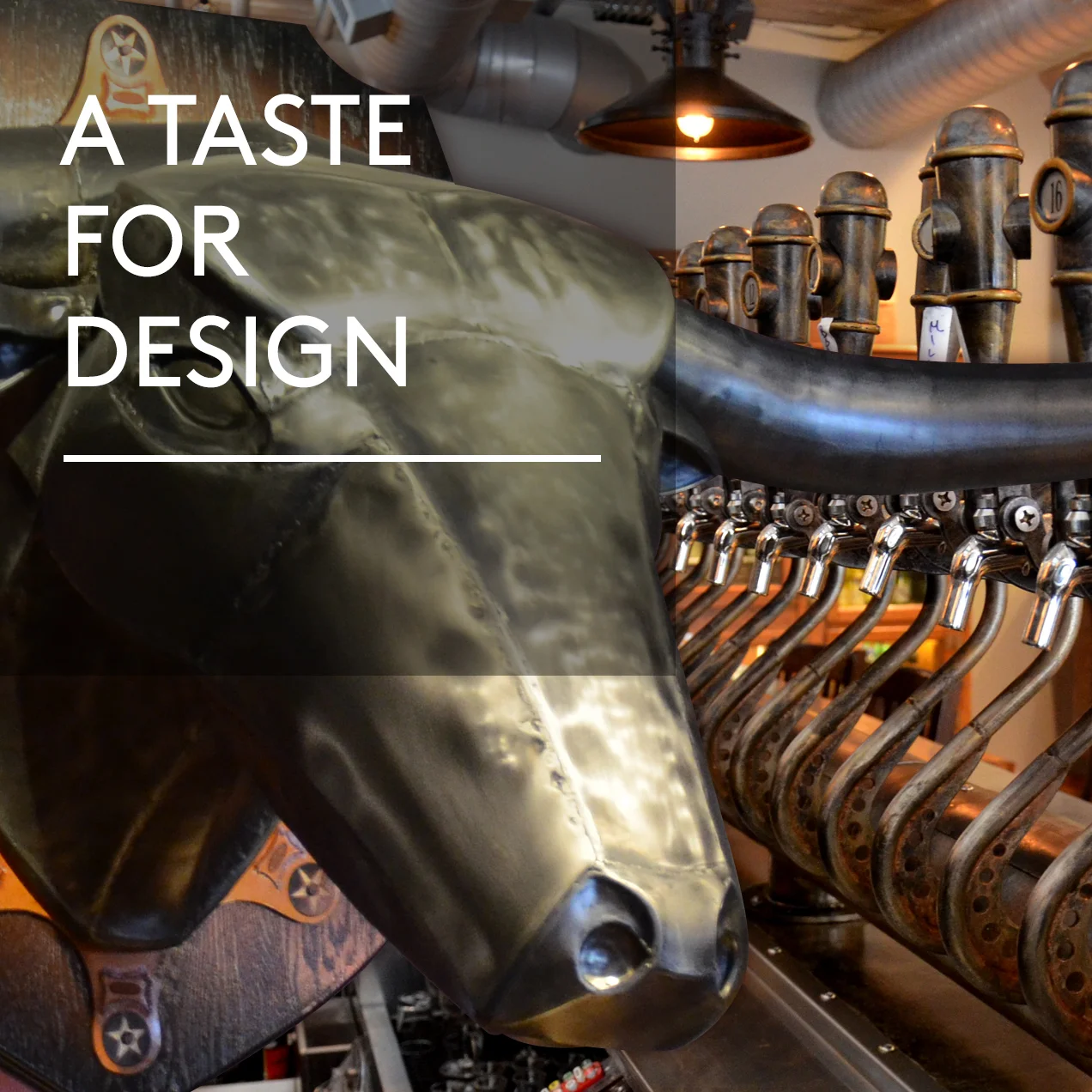Your Guide to the Heritage Turkey Hype
/Drive up to Frank Reese’s 180-acre Kansas farm, and you’ll likely be greeted by one of his several thousand feathered friends.
“You’d see turkeys out on pasture, up in the trees, on top of my barn, running everywhere,” said Reese, who’s raised poultry nearly 60 years. “They want to come up to the house and knock on the door just to be nosy. They want to be in the middle of everything.”
This Thanksgiving, Reese is hoping his turkeys will be in the middle of something else: your dinner table.
The Skinny:
- Fun Fact: Reese can trace the bloodlines of some of his turkeys back to 1880.
- Good Shepherd Poultry Ranch
- 3441 Mustang Rd.
Tampa, Kansas 67483 - 785.227.5149
- Buy through Heritage Foods USA
Good Shepherd Poultry Ranch raised nearly 10,000 turkeys this year.
For several years, the fourth generation farmer has been on a mission to change the way Americans think about the centerpiece of their Thanksgiving meal. Since the 1970s, supermarkets and distributors have pushed the broad-breasted white turkey as the premier choice. Reese offers an alternative that harkens back to how America ate from the 1850s-1950s: heritage turkeys.
“This whole radical change to these morbidly obese turkeys that people buy today happened all within my lifetime,” he said.
With his farm, Good Shepherd Poultry Ranch, Reese hopes to keep these heritage breeds alive, and encourage others to support a culture of turkey rearing once so popular that farmers got on trains with their birds to head to Minnesota for one of the biggest turkey shows in the nation.
Here’s how broad-breasted white turkeys stack up against Reese’s heritage breeds:
"I just love the beauty of them," Reese said of his turkeys.
What is a heritage turkey?
- Long life outdoors: Heritage turkeys should be active and healthy: running, jumping, flying and exploring, all in the great outdoors. Farm factory raised birds are confined to buildings, and are too overweight to fly.
- Naturally mating: Forget artificial insemination. There better be no needles involved when it comes to making little baby heritage turkeys — also known as poults. Broad-breasted white turkeys have been genetically engineered to the point they can no longer naturally mate.
- Slow growth rate: Factory farms can raise a 20-pound turkey in 12 weeks. It should take at least twice as long (28 weeks) for a heritage turkey, giving them time to develop a strong skeletal structure and healthy organs.
- Meat: Expect a heritage bird’s meat to be darker thanks to all that running, jumping and exercising on the farm. The darker the meat, the more nutritional, said Reese. “If you’ve got muscle that’s been used, you have the ability to store vitamins. You don’t store vitamins in fat.”
- Heritage varieties: Black, Bronze, Narragansett, White Holland, Slate, Bourbon Red, Beltsville Small White, Royal Palm, Jersey Buff and White Midget.
Can you still find a heritage turkey for Thanksgiving?
Yes, but the clock is ticking. Reese sells the turkeys he raised on Good Shepherd Farm online through Heritage Foods USA. Luckily, there are still a few left this season, but the deadline to order is Wed, Nov. 19 by 7 a.m. CST.
To find local farmers who might still have heritage turkeys in your area, visit localharvest.org and eatwellguide.org. We found one farm in Wisconsin where Jack the collie guards the farm’s turkeys, and another where the birds sample tomatoes, jalapenos and flowers straight from the garden. Talk about flavorful.
























